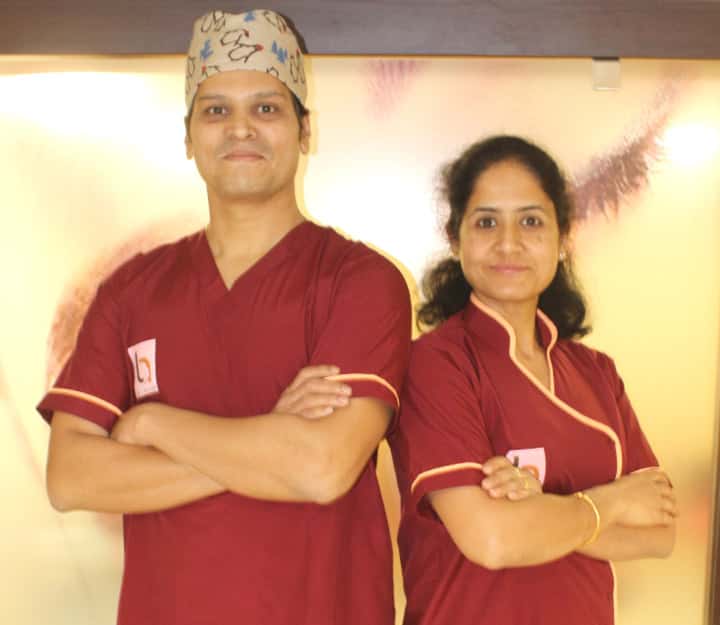Dr. Anjali Dash
Best Gynecologist in Indore
Dr. Anjali Dash, recognized as one of the best gynecologists in Indore, is married to Dr. Ashwini Dash, a renowned Cosmetic & Plastic Surgeon. She holds an MBBS from Netaji Subhash Chandra Bose Medical College in Jabalpur, MP, and an MS in Gynecology and Obstetrics from RNT Medical College in Udaipur, Rajasthan. Dr. Dash also completed a Fellowship in Gynecological Endoscopy from Dr. B. Ramesh Hospital in Bengaluru, along with training in Basic Infertility from Disha Infertility Centre in Indore. Additionally, she has a Certificate in Gestational Diabetes Mellitus (GDM) from PHFI.
Her professional experience includes roles as a Senior Doctor at Holy Family Hospital in New Delhi, Junior Consultant at SK Soni Hospital in Jaipur, and Senior Consultant at Holy Cross Hospital in Sanawad. Since 2007, she has been a private practitioner in Indore and serves as the Co-Director of Life Aesthetics in Indore. Dr. Dash published a case study in the FOGSI Journal in 2002.
In her personal interests, she is a dedicated fitness enthusiast, having won the Jio Indore Marathon in both 2017 and 2018. She is also an Exercise Science Specialist and Nutrition Specialist, combining her passion for fitness with her professional expertise to promote a healthy lifestyle.

